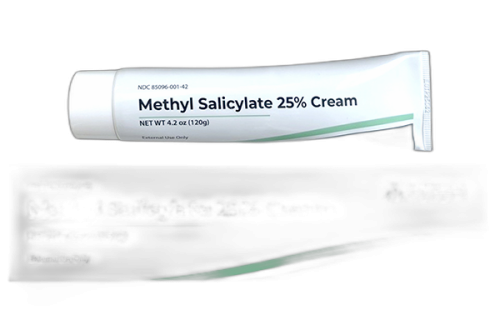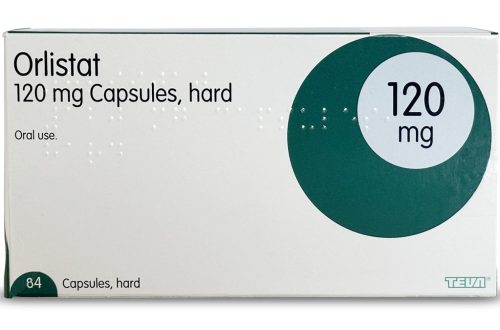Introduction
Diabetes affects more than just blood sugar; it can have serious long-term impacts on the eyes, kidneys, nerves, and feet. However, with consistent management, early screening, and healthy lifestyle habits, many of these complications can be delayed or even prevented.
This guide explores the most common diabetic complications and offers practical steps for protecting your health.
Diabetic Neuropathy (Nerve Damage)
What Is It?
Diabetic neuropathy is nerve damage caused by prolonged high blood sugar levels. It commonly affects the hands and feet, leading to numbness, tingling, burning, or pain.
Types of Neuropathy:
- Peripheral neuropathy – affects feet and hands
- Autonomic neuropathy – affects internal organs (e.g., digestion, heart rate)
- Focal neuropathy – affects specific nerves, often in the face or legs
Prevention & Care:
- Keep blood sugar within target range
- Regular foot exams for early signs of nerve damage
- Avoid alcohol and stop smoking
- Wear comfortable, protective shoes
- Report any tingling, numbness, or weakness to your doctor
Diabetic Retinopathy (Eye Damage)
What Is It?
Diabetic retinopathy is damage to the blood vessels in the retina, which can lead to vision loss or blindness if untreated.
Warning Signs:
- Blurred vision
- Spots or floaters
- Vision loss (usually in both eyes)
Prevention & Care:
- Annual dilated eye exams
- Maintain A1C, blood pressure, and cholesterol levels
- Manage blood sugar spikes
- See an eye doctor (ophthalmologist) if you notice changes in vision
Diabetic Nephropathy (Kidney Disease)
What Is It?
High blood sugar can damage the tiny filtering units in the kidneys (glomeruli), leading to chronic kidney disease or kidney failure.
Warning Signs:
- Swelling in feet or ankles
- Increased urination
- Fatigue
- Protein in the urine (often no early symptoms)
Prevention & Care:
- Annual urine and blood tests to monitor kidney function
- Control blood sugar and blood pressure
- Limit salt and protein intake
- Avoid NSAIDs (like ibuprofen) unless prescribed
- Quit smoking
Diabetic Foot Complications
What Are They?
High blood sugar and poor circulation can cause foot ulcers, infections, and slow healing wounds, increasing the risk of amputation.
Warning Signs:
- Numbness, tingling, or burning
- Sores that won’t heal
- Swelling, redness, or black tissue
- Ingrown toenails or infections
Prevention & Care:
- Daily foot checks for cuts, blisters, or swelling
- Wash and moisturize feet (but not between toes)
- Trim nails carefully or have a professional do it
- Never walk barefoot
- Annual foot exam with a podiatrist
Lifestyle and Medical Strategies for Prevention
1. Blood Sugar Control
- Aim for A1C under 7% (or individualized goal)
- Monitor blood sugar regularly
2. Blood Pressure and Cholesterol Management
- Target BP: <140/90 mmHg
- LDL cholesterol: <100 mg/dL (or lower if high-risk)
3. Healthy Lifestyle Habits
- Quit smoking
- Exercise regularly (at least 150 minutes/week)
- Healthy diet: low in salt, saturated fats, and added sugars
- Maintain a healthy weight
4. Routine Screenings
- Eye exam: annually
- Kidney function tests: yearly
- Foot exams: at least once per year or more if at risk
- Nerve screening: periodic foot and reflex testing
Conclusion
While diabetes can affect nearly every part of the body, early detection, regular screenings, and healthy self-care can dramatically reduce your risk of serious complications. By staying proactive and working with your healthcare team, you can protect your eyes, kidneys, nerves, and feet—ensuring better quality of life and long-term health.
FAQs:
How often should I get my eyes checked if I have diabetes?
At least once a year, with a dilated eye exam, even if your vision seems fine.
What are the early signs of diabetic nerve damage?
Tingling, numbness, burning, or pain—especially in the feet and hands.
How can I prevent diabetic foot problems?
Inspect your feet daily, wear comfortable shoes, and get a yearly foot exam.
Why is kidney testing important for diabetics?
Diabetes can silently damage kidneys, so yearly urine and blood tests are crucial for early detection.
Can good blood sugar control prevent complications?
Yes, tight glucose control significantly lowers your risk of eye, nerve, kidney, and foot problems.






